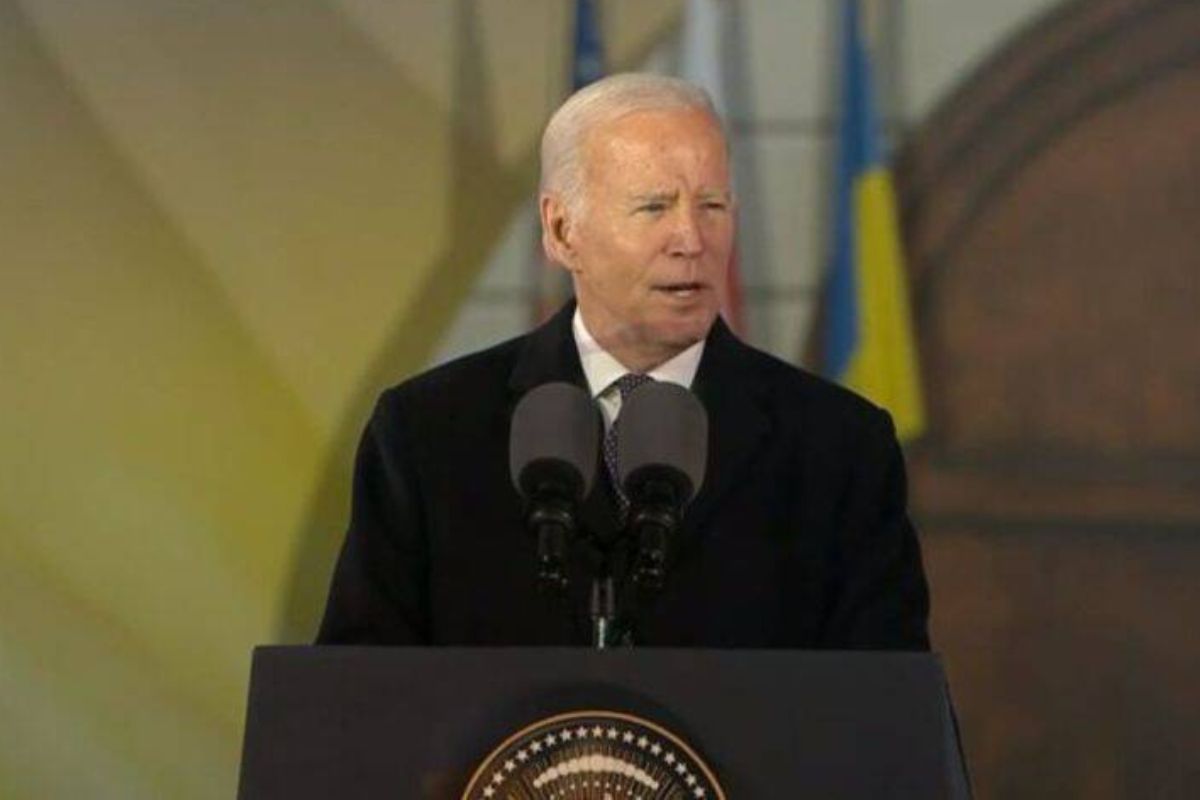With the United States House of Representatives having elected its new Speaker, Mike Johnson, an atmosphere of urgency now pervades Capitol Hill. With just over three weeks left until the expiration of a stopgap funding measure on November 17, the government is at risk of shutting down. Simultaneously, President Joe Biden is advocating substantial new spending to support allies Israel and Ukraine as well as enhance security along the US-Mexico border. This confluence of events underscores the complex challenges facing the nation and the imperative of bipartisanship.
Government funding battles have dominated the US Congress over the past year, with recent partisan disputes coming dangerously close to pushing the country to the brink of defaulting on its substantial debt. A diverse set of opinions, priorities, and divisions among lawmakers have made reaching a consensus an arduous task. This past month, intra-party fighting among Republicans almost resulted in a partial government shutdown, as hard-line members rejected an agreed-upon discretionary spending limit, calling for additional cuts instead.
Advertisement
The ramifications of such divisions are not limited to political spectacle. High-interest rates have driven up the government’s borrowing costs and created a record $1.7 trillion deficit. Speaker Johnson faces the immediate challenge of averting another government shutdown and his inexperience in the role adds complexity to the process. His call for an aggressive schedule and a desire to advance spending legislation are commendable, but these initiatives will require astute negotiation within the narrowly Republican-controlled House and across the aisle in the Senate, which has a two-vote Democratic majority.
The urgency surrounding government funding intersects with President Biden’s request for $106 billion in new spending to aid Israel, Ukraine and fortify the U.S.-Mexico border. This request hinges on bipartisan support. Its outcome remains uncertain, given the array of ideological positions and partisan priorities. The Senate, despite previous delays, is making progress on bipartisan funding bills. Its hope to pass appropriations for various programmes is promising, but the continued fiscal warfare between the Senate and House Republicans remains an obstacle.
The division over spending priorities, as well as differences over issues like border security and aid to Ukraine are points of contention that require resolution. In these challenging times, the role of bipartisanship cannot be understated. The fate of government funding and America’s fiscal health hinge on collaboration between lawmakers with diverse perspectives. It is crucial that lawmakers set aside partisan priorities and find common ground.
While each side may have deeply held convictions, the urgency of the moment demands cooperation. The functioning of government agencies is at stake, making it imperative to put the interests of the American people first. Whether Mr Johnson, described once as a “despicable bigot of the highest order”, is the man to steer the House in these fractious times is another matter.
